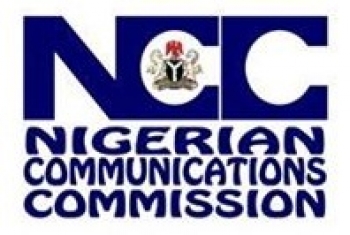300m Internet connectivity gap dampens technology advancement in Nigeria, others
The 300 million plus unconnected people in Africa has blighted various efforts towards advancing technology development in the region. Hence, leaders and policy makers have been enjoined to, as a matter of urgency, find means to close the gap.
Bridging the gap was a major discussion, yesterday, at the ongoing maiden edition of the GITEX Africa Digital Summit 2023 holding in Marrakesh, Morocco.
It was noted that access to high-speed affordable Internet is the key driver of innovation and economic prosperity. Accordingly, it was disclosed that over 300 million Africans live in more than 50km from a fibre or cable broadband connection.
In Nigeria, the telecoms regulator, the Nigerian Communications Commission (NCC) revealed efforts towards bridging access gaps, including advancement in broadband connectivity and InfraCo projects, among others.
However, NCC noted that some 25 million people, who reside in about 114 communities in the country still do not have access to basic telephony service.
Currently, in Nigeria, there are about 320 million connected telephone lines, of which over 220 million are active. NCC statistics showed that there are 92 million broadband users, while those who surf the Internet via the narrow band are 157 million.
The Minister of Communications and Digital Economy, The Gambia, Ousman Bah, said bridging access gaps in Africa requires government and private sector collaboration.
Bah said challenges, which are also opportunities to bridge access gaps in the region, include low adoption of digitalisation, saying: “This is where collaboration between the government and private sector becomes very critical. Governments cannot do it alone.”
However, he stressed that the reluctance on the part of some governments to see technology as an enabler and not an avenue to make money through the imposition of various forms of taxes is a problem.
“Government must have the political will to invest in technology, not just to collect taxes from them. Also, we must create the enabling environment for investors to come in like the coming of Elon Musk’s Starlink in Nigeria, the Gambia and others,” he stated.
The Gambia minister also stressed the importance of infrastructure build-out, policy development and investment. On his part, the Senior Advisor to the Minister of Digital Transformation, Democratic Republic of Congo (DRC), Freddy Mpinda, said there is a huge correlation between connectivity and the economic growth of any country.
Mpinda, who referred to Nigeria, South Africa, Egypt and Kenya in terms of development connectivity has brought to the economy, stressed that other African countries can take a cue from these countries.
He was, however, emphatic that when Africans have access to food and education, technology advancement would not be a major challenge.
Mpinda stressed the need for policy advancement, infrastructure rollout, cyber security (data protection) and gender gap.


Fri, Jun 02, 2023.
by Emeka Opara